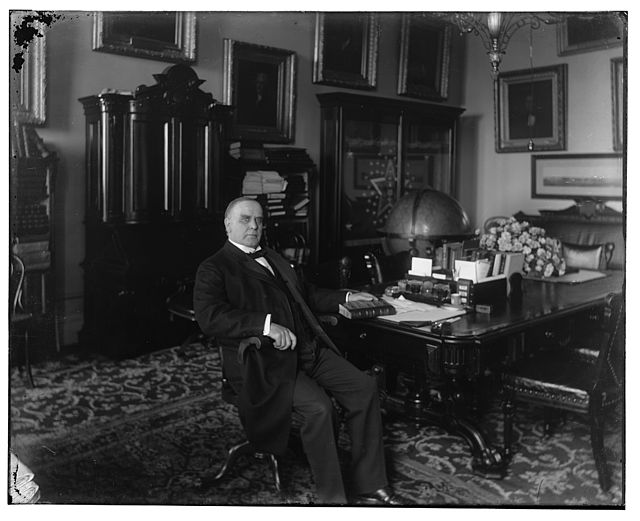Why Trump’s tarrifs should be opposed clearly and unambiguously

Krugman lays out an excellent case for the proposition that whatever you think optimal tariff levels should be, there is no excuse for anything but clean opposition to Trump’s tariffs, which are substantively awful in general and for workers in particular, and are also very unpopular even before the economic downturn they make inevitable:
Donald Trump’s tariffs are bad economics. They’re also bad politics. I’m not an expert on issue polling, but public opposition to the Trump tariffs looks extraordinary. It’s especially amazing when you bear in mind that many Republicans would support him if he said that the sky was green and all this blue stuff was a deep state conspiracy. Associating yourself with those tariffs in any way is tying yourself to an anchor that has just been thrown overboard.
So Democrats need to stop giving Trump cover. They shouldn’t be saying, as Gretchen Whitmer unfortunately did, that they can understand Trump’s motivation. Similarly, Shawn Fain, president of the United Autoworkers, has done his members a disservice by endorsing Trump’s auto tariffs: Republicans don’t care about helping workers, so all he has done is throw away credibility.
For the reality is that Trump’s motivation for tariffs, as for everything else, seems to be a desire to punish. In this case he wants to punish other countries, which he insists have treated America unfairly. He’s wrong when it comes to our (former?) allies: Europe and Canada, for example, have done nothing wrong. And while we have real grievances against China, Trump’s tariffs are a very bad way to address those grievances, not least because he’s alienating everyone who should be on our side.
But shouldn’t we be trying to restore U.S. manufacturing? Let me make three points:
1. Trump’s tariffs will hurt, not help, manufacturing
2. If you want to promote manufacturing, you should use industrial policy, not tariffs
3. Good jobs don’t have to be in manufacturing, and manufacturing jobs aren’t necessarily good
It’s also an excellent way to critique Trump’s abuses of executive authority.
Incidentally, while I’m certainly open to changing my mind I wouldn’t assume that Fain is just beholden to his membership on this. There’s some evidence of skepticism among autoworkers already, and that’s a lot more likely to grow rather than diminish as people see that these tariffs are going to tear up a carefully integrated market rather than bringing back auto manufacturing levels of the 70s. I think this is more about Fain’s Ross Perot nostalgia than anything else.


